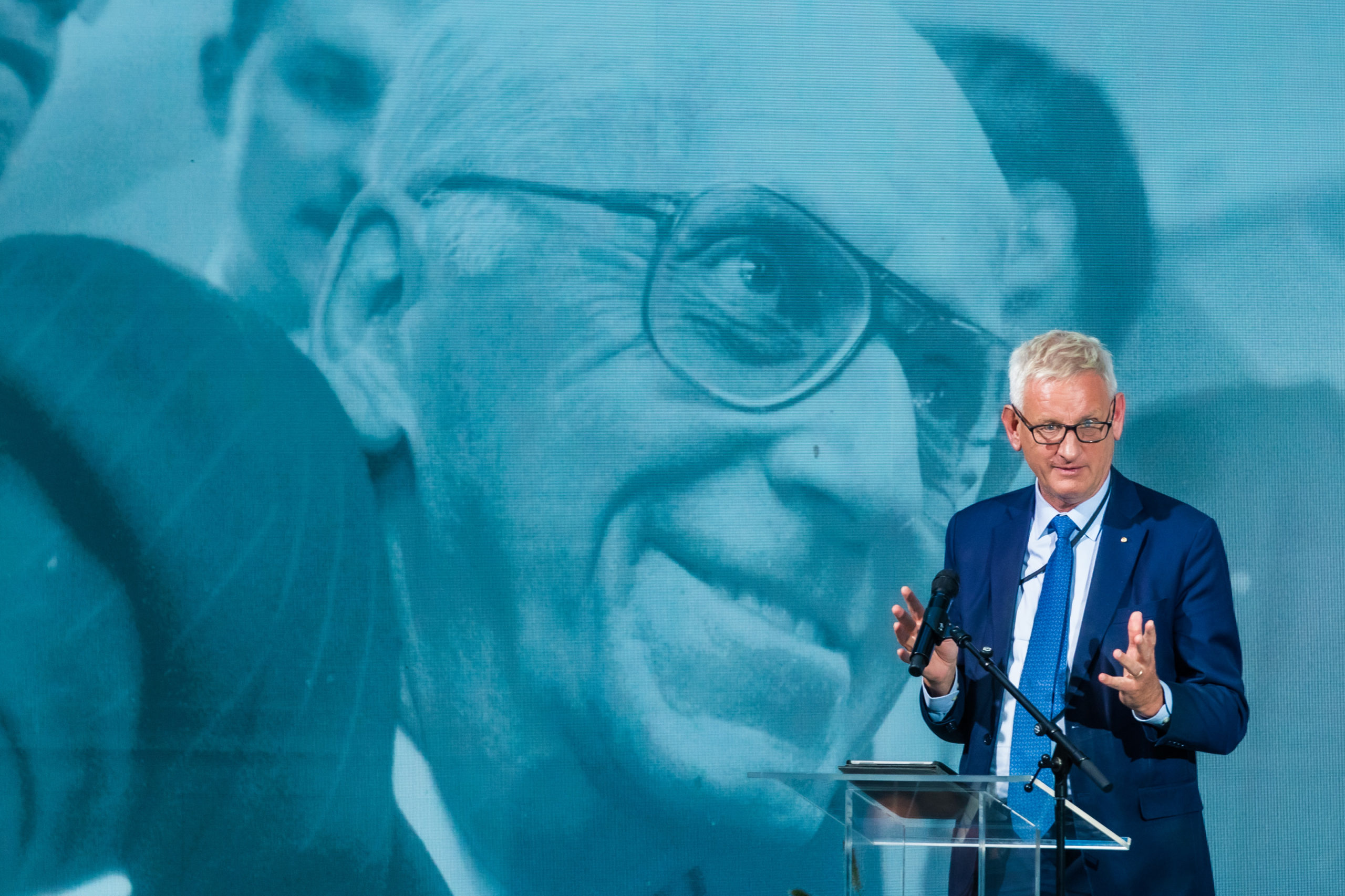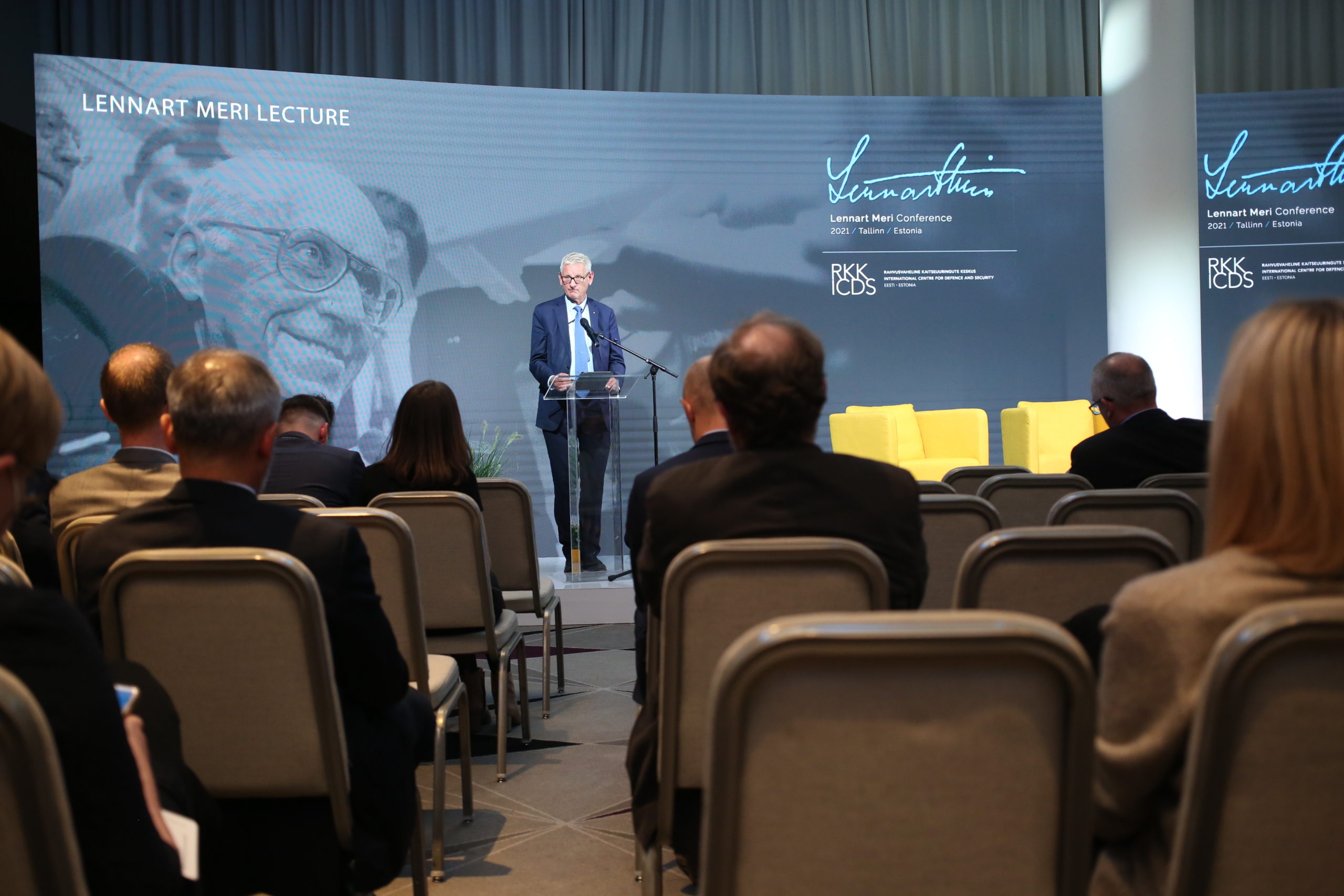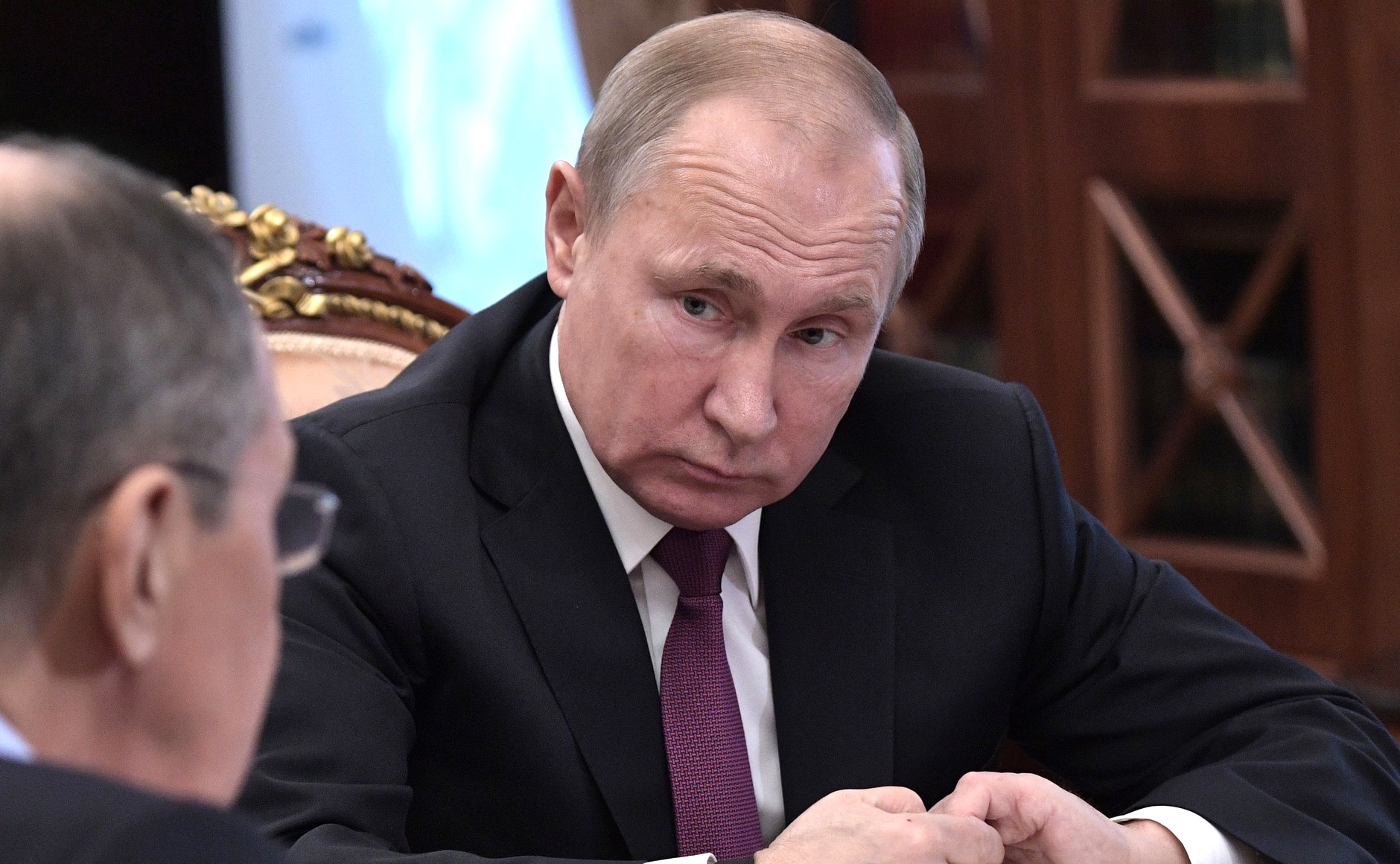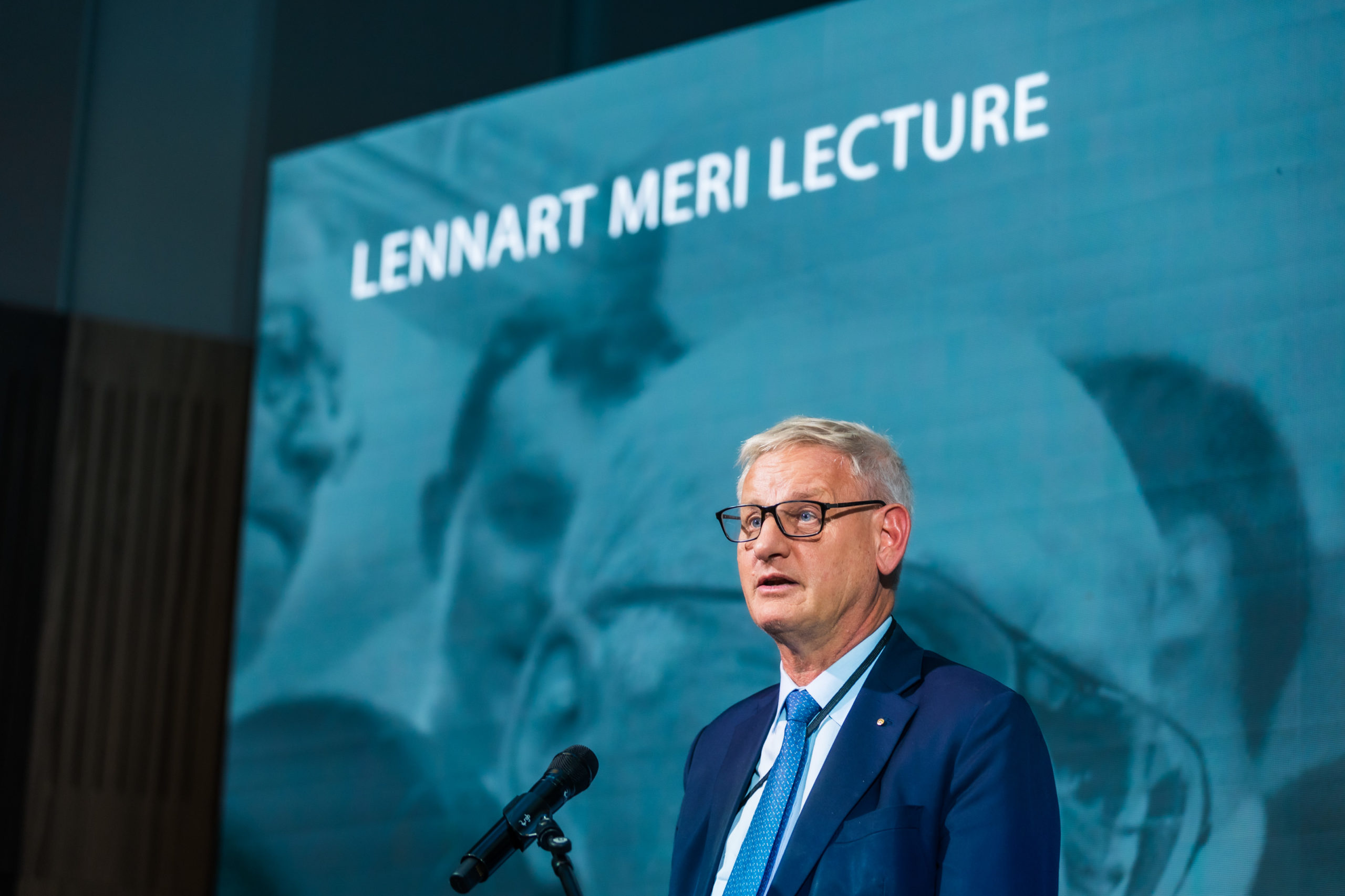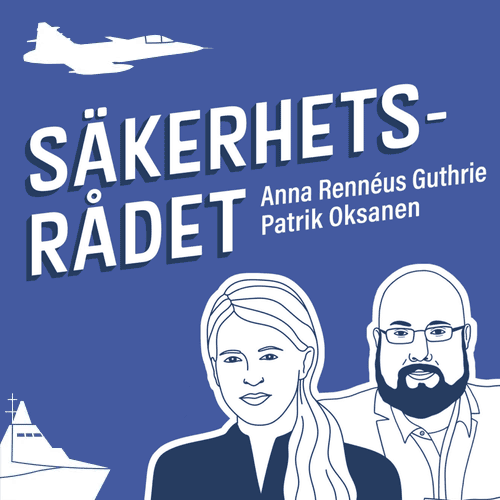Lördag 4 september höll Carl Bildt Lennart Meri-föreläsningen på Lennart Meri-konferensen i Tallinn. Det är en stor internationell säkerhetskonferens döpt efter Estlands president 1992-2001. I föreläsningen tog Bildt upp hoten under dagens tidsepok som kallades för ”New Age of Disorder” i talet. Säkerhetsrådet återpublicerar talet med tillstånd av Carl Bildt. Talet var först publicerad på Lennart Meri-konferensens hemsida.
These days it’s thirty years since Estonia, Latvia and Lithuania regained their independence. It was a dramatic time. In retrospect, it all looks straightforward or even harmonious.
In reality, it was nothing of the sort, with fierce political battles between the red-brown forces of the past and the new forces of the future waging back and forth in Russia, with nationalist passions in the Caucasus and the Balkans resorting to arms and with serious concerns over the fate of the huge arsenals of nuclear weapons.
In all of this Lennart Meri was supremely confident. He wasn’t a man of politics or power – he was a man of ideas, of historical perspective and cultural convictions. For him, Russia was Alexander Pushkin, Europe was Immanuel Kant and Estonia was – of course – home. A home that was part of this Europe of the Enlightenment, and that sought to live in – as he said – peace and happiness besides Russia.
The journey of Estonia – as well as Latvia and Lithuania – since then has been remarkable. The wild reform rodeo days of Mart Laar set it on a course of success that few had envisaged. And the country had not only the outstanding personality of Lennart Meri during his years as President of Estonia throughout the 1990’s, but subsequently also the different, but also bright shining personalities of Toomas Ilves and Kersti Kaljulaid making Estonia known and admired throughout much of the world.
It’s been an astonishing journey.
Thirty years ago was a period of huge dreams and profound dangers. The dream of a Europe whole and free, democratic and dynamic. But also of the dangers of red-brown revanchism and nationalist passions running amok.
A large part of the dreams of those days have indeed come new true – but many of the dangers are still there. And the world has changed. The collapse of the Soviet Union took us into the unipolar world dominated by American power and American confidence. Nothing seemed to be beyond its reach.
Our economies were booming. Globalization lifted hundreds of millions throughout the world out of poverty. Science and technology broke new barriers. Open societies and open economies were gaining ground year by year, continent by continent.
But then it gradually changed. For me the New Age of Disorder took its beginning more than a decade ago – in 2008.
China made a spectacular entry on the global stage with the opening ceremony of the Olympics in Beijing. But literally at the same time Russia invaded Georgia and subsequently tried to break up the country. And only weeks later the crash of Lehman Brothers in New York took us into the global financial crisis with all its ramifications.
Since then much is different.
The integrating force of globalization has been dented by the disruptive rise of geopolitics. The politics of identity has often replaced the politics of ideology in our societies. We see a world of dominated by the power of multipolarity rather than of the principles of multilateralism.
The United States has survived Donald Trump – but not without damage that we still see being played out, and where burning issues are still open. The European Union has survived Brexit – but not without damage to both the Union and a United Kingdom which now itself is under question. And NATO will hopefully survive Afghanistan – out of area has suddenly got out of business.
This is one reality. The fracturing of the global order. The rise of disorder.
But there is another one. The rise of global challenges that can only be meet by working together. The pandemic so far is the success of science – and the failure of politics. The virus was sequenced within days of it first being detected in far away Wuhan in China.
And within months there were remarkable breakthroughs in creating vaccines. That was be no means something that could be taken for granted. But politics stumbled for months before waking up. More in some places – less in others.
And when it woke up, it often sought the answer in nationalism. There were exceptions – EU after a while being one of them. But trade barriers, vaccine nationalism and shortsighted policies continued to slow down the necessary common response.
We are now 18 months into the pandemic. More than 5 billion doses have been administer around the world. But nearly three quarters of them have been administer in just ten countries – nearly 40% of all in just one country.
The aim as spelled out by WHO is now to have 70% of the global population vaccinated by next summer. Whether that will be enough to really bring the pandemic under control remains to be seen. At the moment we are at roughly 25%.
And if I look at the figures for last week in the WHO European region – which includes Russia – there were more than 12.000 deaths reported. It’s a fundamental truth that no one is safe until everyone is safe. Until then we might have to life through new variants covering the entire Greek alphabets.
We started with Alpha. Delta isn’t the end. The road to Omega could bring very painful surprises. It has been a success of science and a failure of politics – and that must be repaired before a coming pandemic hits us.
Many millions have lost their life’s – many more unfortunately will. But still we have probably been lucky. You might remember SARS in 2003. The first coronavirus of our times. It was significantly more deadly than todays coronavirus, but significantly less contagious.
But if tomorrow we see the emergence of a coronavirus as deadly as it was in 2003 and as contagious as the Delta is today it would be nothing less than a civilization-shattering experience.
We must come together – all, everyone, irrespective of everything else – to build defenses against that very real possibility.
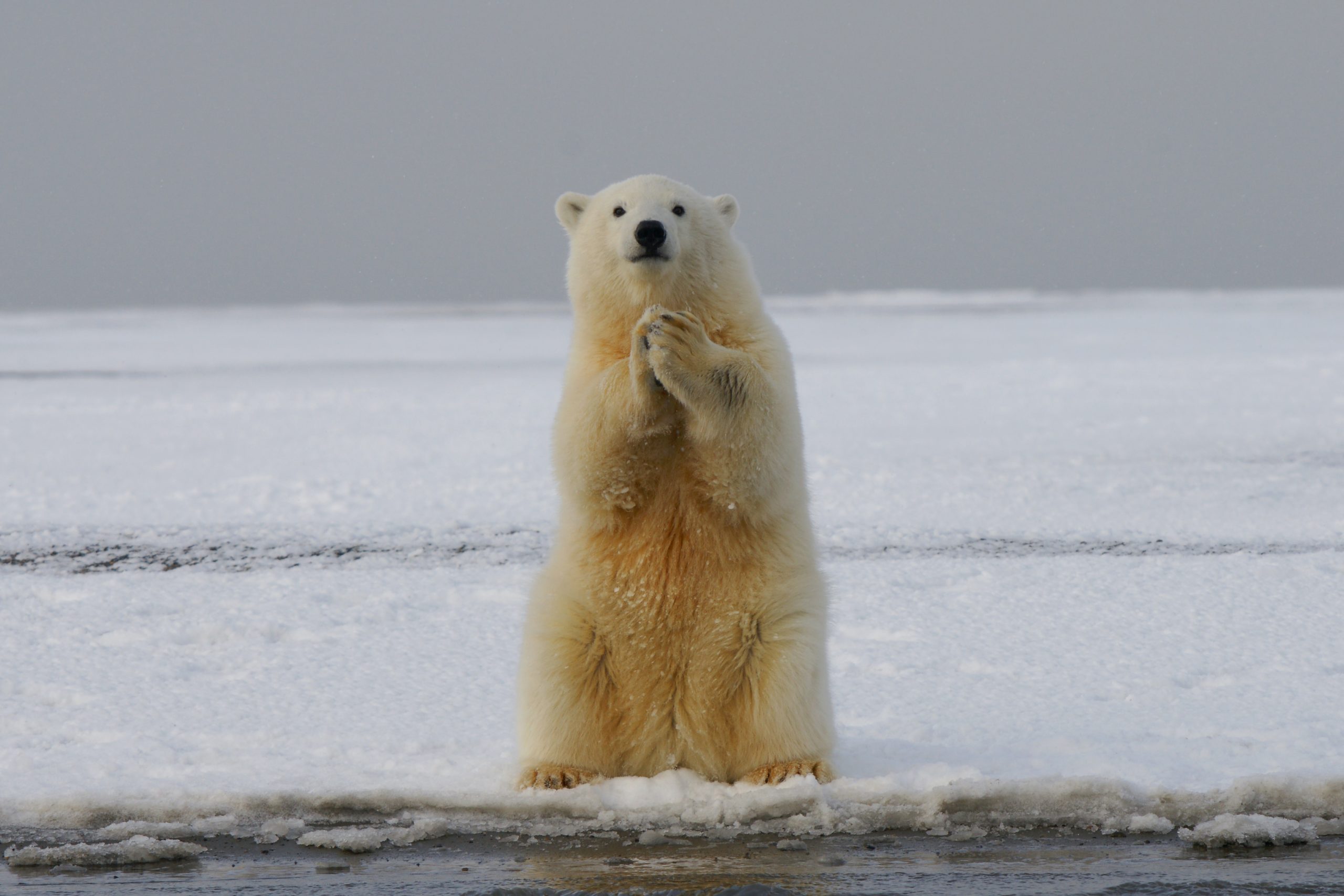
Foto av Hans-Jurgen Mager på Unsplash
And then there is climate change.
More slow moving, but speeding up. I used to say that it was happening twice as fast in the Arctic as elsewhere. That’s no longer true. The latest IPCC reports says that it’s now happening three times as fast there as elsewhere. The polar ice is shrinking. It’s raining on the ice cap of Greenland.
We will all be affected.
The world must move to net zero emissions. And to that a just a couple of decades. It’s a gigantic undertaking ending a couple of centuries of addiction to fossil fuel.
Just a figure:
At the moment the average global carbon price is around 3$ per ton. To go to net zero emissions that should be brought to around $ 75 per ton. It’s not going to be easy for some of the gas-bustling or coal-burning big economies. Or others. Strange as it sounds, countries around the world still spends $5 trillion on subsidizing fossil fuels. That will all have to go.
Easier said than done. Just one example: I saw that the CEO of Sberbank said in Vladivostok the other day that the disposable income of Russians will decline by 14% during the next 15 years as the world moves towards carbon neutrality.
But the button line is of course that all of this can only be done if we work very closely together. All – irrespective of everything else.
We are thus in a situation where rising tensions have made working together more difficult – a revisionist Russia, an assertive China, and not always predictable United States – but at the same time a situation in which working together on issues of common survival has become nothing less than imperative.
To balance this in the years ahead will be supremely difficult, but absolutely essential.
For a long time our focus in terms of geopolitics was primarily on this end of the huge Eurasian landmass. Building a broader and stronger European Union embedded in an Atlantic relationship with the US and Canada.
Bringing stability to the Balkans through a policy of EU enlargement. Helping reform and transformation in our East through the EU Eastern Partnership and its structures of integration.
Trying to engage also Russia in a partnership of modernization.
Much has indeed been achieved, but undoubtedly the pace of progress has slowed down, and in same cases obviously reversed. The EU has held together, but is struggling to find its place in a world of multipolarity. The enlargement process in the Balkans has lost both speed and credibility, with the risk of new tensions building up. The Eastern Partnership is de facto split in two.
And with Russia there is these days neither partnership nor modernization.
But it was always clear that this – even if it all had been completely successful – was never going to be enough. And this is even more clear today. There is an unstable southern neighborhood with Estonia and Sweden among the countries seeing its special forces fighting in faraway Sahel to the South of the Sahara.
And Afghanistan isn’t a far away place of which we know little. What happens there impacts directly on South Asia as well as on Central Asia. It’s part of a dangerous zone of instability stretching from the Nile to the Indus.
There might be those who believe that we can just wind up the draw-bridge, send out the occasional drone, and then we will all be safe and happy. But history should have thought us that there are no moats wide enough to isolate us if chaos, despair and conflicts spread in these areas not too far from us.
And neither can these issues be insulated from wider issues of strategic competition and credibility. A strategic competition certainly has its focal points – or centers of gravity – but it’s played out across the board, with no areas entirely off the board, and no issue completely without relevance.
The tremors from the retreat from Afghanistan will shake us for a long time. There are many lessons that need to be learnt. The name of the immediate game must be damage limitation.
It’s about credibility – of forever commitments, of strategic patience. And it’s about the cohesion of alliances and partnership – also under stress.
There is much to be done. By Washington, primarily. But also by us.
Our strategic adversaries will not rest in their efforts. If they see us as weak, divided and confused the risk of them seeking to exploit opportunities they perceive increases. They might not have a long term plan – but short term temptations might be too difficult to resist.
We have seen it before. And there are dangers that are more immediate.
The next few weeks will see a massive concentration of military power in the immediate vicinity of here. Maneuvers are just maneuvers, legitimate and necessary, and need not be more than that.
But with the madman in Minsk in the middle of these maneuvers, we have every reason to be on our guard. Desperate dictators are dangerous creatures. Not only we have reason to be on our guard. So has the Kremlin. The tail wants to wag the dog. There are no limits to what might happen.
Russia is always there. The most populous of European countries. Eleven time zones. A hundred times the population of Estonia. Lennart Meri for obvious reasons spent time contemplating the future of Russia, saying in one of his final speeches that “we have underestimated the immense historical inertia of Russia”, and warned that “the notion that neighbors are dangerous, which is long dead in Europe, lives in Russia.”
But nothing is necessarily forever.
In the same speech he wanted to highlight that “the history of Russia is a history filled with periods of perestroika, which have been as dramatic as the spring thaws on the large rivers of Russia.” Clearly, that’s not where we are today, at least not in political terms. In them, it’s autumn approaching winter in Russia.
Lennart Meri said the country would need two generations to recover from totalitarianism and get rid of that painful burden of history. Let’s hope. And let’s wait. But at the moment President Putin is more busy with rewriting the history of his country than shaping its future.
It’s regrettable, but it’s a Russia looking more backwards than forwards. Increasingly living with the dangerous illusion that it can recreate some Greater Russia. So far, it has managed to lose the friendship of Ukraine. With due respect the Crimea and the Donbas – that’s a strategic setback of the first order.
And it’s long term geopolitical orientation isn’t clear. Whether it again – as during its early centuries – will be dominated by a strong Asian power remains to be seen. It’s by no means preordained, but if it really permanently loses its anchor in Europe, this might well be what it will have to accept.
Further away, China is building its Middle Kingdom, and expects the surrounding powers to kneel down and pay their respects. There are fears that it over time has the ambition to take over the world. But even if its rise will continue, if reforms are again given prominence in its policies, it shares with Russia the inability to make its neighbors the best of its friends.
And thus, true greatness in power will for the foreseeable future be beyond its reach. But what happens on that end of Eurasia will of course impact what could happen on our end of the same landmass.
A conflict over Taiwan – to mention just one example – could well consume the United States to the extent that Russia suddenly succumbs to temptations here. Playing with fire there could then led to fire here.
Which brings me to Europe. We see that fundamental questions these days are again in the air. Can Europe again be a power, ready to share responsibilities with its allies across the Atlantic, but able to also act alone when necessary in defending its interest?
That’s not where we are today, and in a world where the ultimate power remains nuclear, the limitations are obvious. But with a United States that might well be forced to look more inwards as it tries to overcome the divisions and heal the wounds in its own society, and with its strategic orientation increasingly focused elsewhere, that’s simply what we have to do.
It’s a long journey. There are numerous problems. The relationship with the United Kingdom – to mention just one – will take time to repair. But I believe it’s a necessary one.
What would Lennart Meri have said if he was standing here today? I guess he would have been very worried about the present. He often was. But I believe that he would have been confident about the future. He always was.
And perhaps he would have chosen to reflect on the upcoming 300 year anniversary of the birth of Immanuel Kant in that city by the Baltic Sea which has a German past, a Russian present and hopefully a European future.
Then he would probably have said that what Kant wrote in 1795 in his famous philosophical essay On Eternal Peace remains as valid today as it was then. It’s only when all states become – in the words of those days – republics – democracies and open societies in the words of today – that we can start to see a forever peace as a true possibility.
And we must never lose sight of, or confidence in, that ultimate aim.These are demanding times. Even difficult. And it’s likely to become even more so.
Then it’s often good to look at the fundamental ideas and the long term trends. That’s what Lennart Meri did, and what gave him his optimism.
And that’s what we must also do.
Carl Bildt
Co-Chair, European Council on Foreign Relations; former Prime Minister and former Foreign Minister of Sweden
